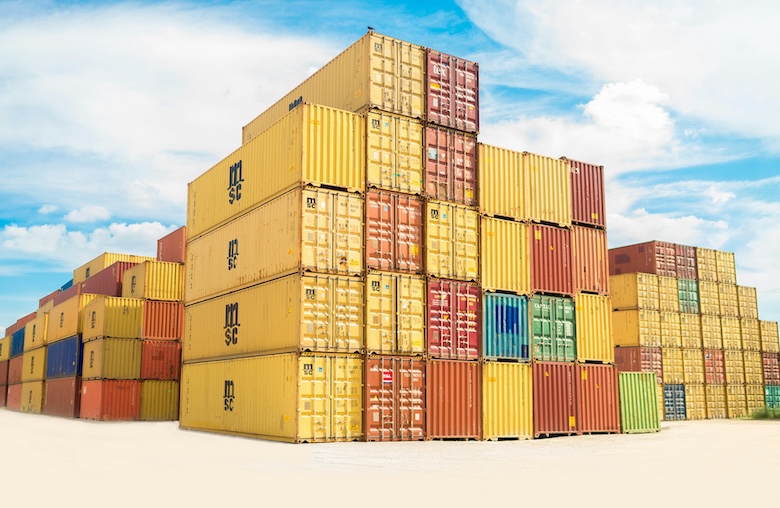Why should you watch this video?
Explore Christian Hendriksen’s insights on the transformative impact of AI in supply chain management, highlighting the unpreparedness of the field and the potential for both innovation and disruption.
Key Points:
Christian Hendriksen’s paper discusses the rapid development of AI and its readiness to revolutionize supply chain management (SCM), presenting the “AI Integration Framework.” This model evaluates AI’s role based on its level of integration across SCM processes and its decision-making capacity, ranging from assistive to autonomous roles. The paper emphasizes the dual nature of AI as both a technical and social process, where human interpretation significantly affects AI adoption and effectiveness in SCM.
Broader Context
The discussion places SCM at the cusp of a fourth Industrial Revolution powered by AI, urging a reevaluation of existing SCM theories and practices. It points out the minimal infrastructure required for AI deployment, making advanced systems like GPT-4 accessible to SCM professionals worldwide. This accessibility signals a paradigm shift, where AI’s integration could lead to unprecedented efficiencies or challenges depending on its application ethics and management.
Q&A
-
Why does the field of supply chain management seem unprepared for AI’s potential?
- The current SCM models and practices do not fully account for the disruptive capabilities and ease of access to advanced AI tools, which can significantly alter traditional SCM operations.
- The current SCM models and practices do not fully account for the disruptive capabilities and ease of access to advanced AI tools, which can significantly alter traditional SCM operations.
-
What is the AI Integration Framework?
- A novel theoretical model proposed by Hendriksen that examines AI’s impact on SCM through two dimensions: the level of AI integration in supply chain processes and AI’s role in decision-making, from assistive to autonomous.
- A novel theoretical model proposed by Hendriksen that examines AI’s impact on SCM through two dimensions: the level of AI integration in supply chain processes and AI’s role in decision-making, from assistive to autonomous.
-
How does human interpretation influence AI integration in SCM?
- Individual beliefs and experiences shape how AI tools are perceived and utilized within SCM, impacting the extent and manner of AI adoption across different supply chain functions.
- Individual beliefs and experiences shape how AI tools are perceived and utilized within SCM, impacting the extent and manner of AI adoption across different supply chain functions.
Deep Dive
The AI Integration Framework offers a nuanced perspective on integrating AI into SCM, underscoring the importance of considering AI’s application not just from a technological standpoint but as a socio-technical process. It highlights the need for SCM professionals to navigate the balance between leveraging AI for enhanced decision-making and maintaining ethical standards and human oversight.
Future Scenarios and Predictions
As AI technologies evolve, SCM could witness a shift towards more autonomous systems, challenging traditional roles and requiring a new understanding of human-AI collaboration. This evolution may lead to more resilient, efficient supply chains but also necessitates ongoing dialogue and adjustment to ensure AI’s ethical and effective integration.
Inspiration Sparks
Consider how your organization can harness AI to transform SCM operations, from predictive analytics in demand forecasting to autonomous decision-making in logistics. Reflect on the balance between innovation and ethics in AI application, pondering the future role of humans in an increasingly automated supply chain landscape.


